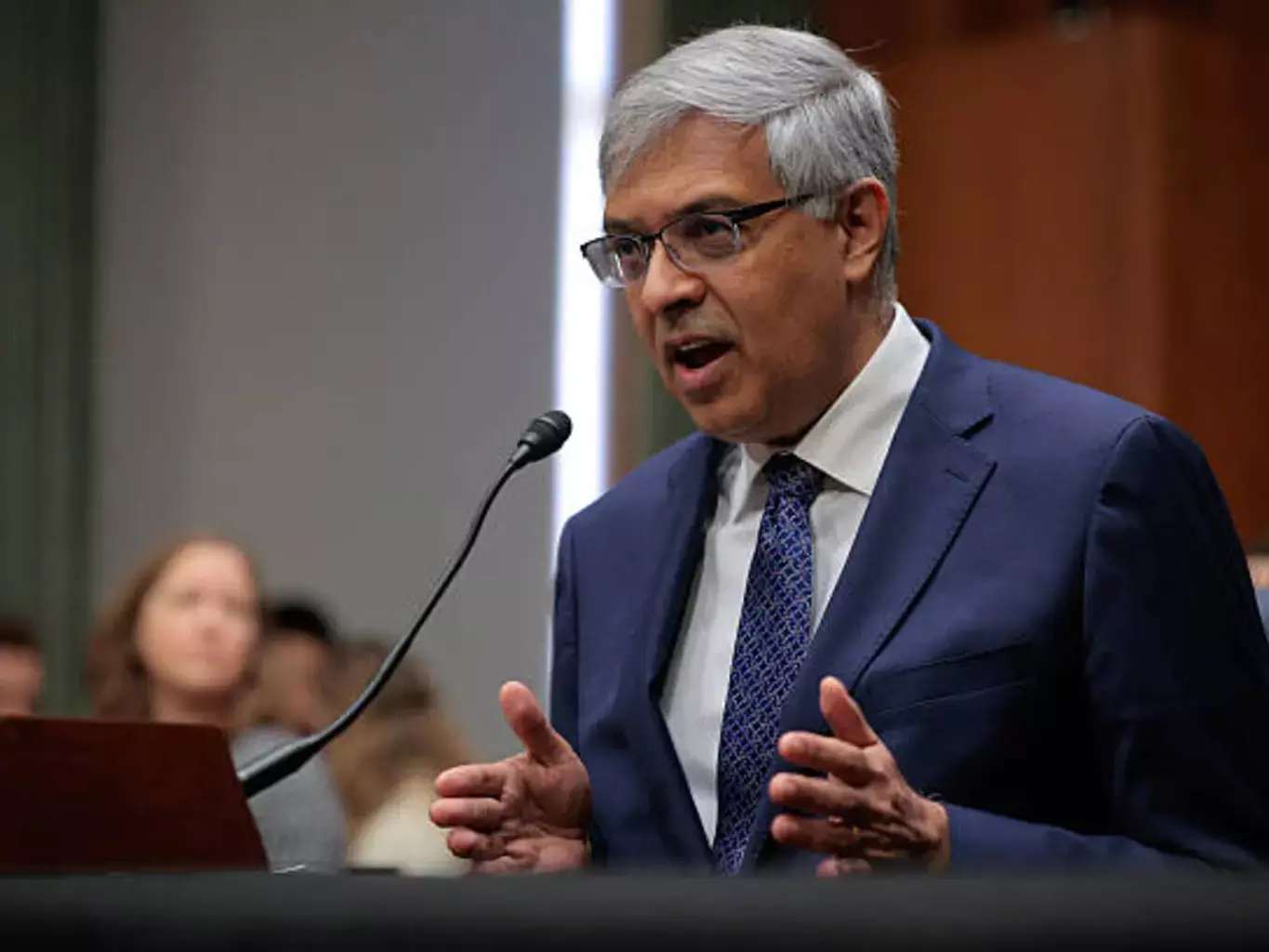
MediaOne case: SC reserves judgement
text_fieldsNew Delhi: The Supreme Court on Thursday reserved its judgement on whether the central government decision to not renew the broadcast licence granted to the Malayalam news channel Media One was in order.
During the hearing on Thursday, the bench orally observed that the Centre could not apply a 'straight-jacket formula' in all cases citing national security concerns.
The bench also observed that the Centre's act of giving the reasons for its action in a sealed envelope, without letting the petitioner see it, denied the petitioner the right to offer defence, because he does not know the grounds for denying licence renewal.
The bench consisting of Justices YV Chandrachud and Hima Kohli pointed out that if at all the content of the 'sealed envelope' given to the court contained sensitive material, the government was obliged to present a 'very clear' case that disclosing them to the affected party would be detrimental to national security.
The government had in January denied the channel clearance for renewal of its licence on expiry of ten years, on the grounds that there were issues which would affect national security. The appeal by the channel before Kerala High court against the decision was turned down, first by a single bench and secondly a division bench.
The channel then approached the Supreme Court, which for the interim granted indefinite stay to the government's decision on March 15 and the channel resumed telecast then.
The current petitions before the apex court are those filed by the media company Madhyamam Broadcasting Limited, represented by Senior Advocate Dushyant Dave, by Kerala Union of Working Journalists represented by Senior Advocate Mukul Rohtagi and MediaOne editor Pramod Raman represented by Advocate Huzefa Ahmadi.
The petitioners also contended that security clearance was not an essential requirement for renewal of licence. Advocate Dushyant Dave argued that if the government is given a free hand to suspend any channel at its will citing national security reasons without explaining them, no media entity could operate, and every one of them is at permanent risk of being closed.
During the hearing, the court also observed that the channel had existed for over ten years now, had invested heavily in the project and there were no cases of breach of any law, had acquired goodwill, and is giving employment to many.
Additional Solicitor General KM Natraj, representing the Central Government, argued that what is in interest of national security was not a question of law, and in cases involving national security, the court could not insist on the decision conforming to natural justice as a precondition for decision. He further said, disclosing the contents of the Intelligence Bureau report woul lead to dire consequences.
The bench in response noted that when the reasons for cancellation are submitted in a sealed cover, the petitioners do not know what they are dealing with. It is "unfair that they don't know whats gone in our minds, state's mind"
"Even when you file a chargesheet, however sensitive it is, the chargesheet discloses all the material. We are not even at that threshold. Here you are on security clearance. You may redact your sources of information, but can you decline them, the information on the basis of which you are arriving at this conclusion? Even in case of detention under the National Security Act, you have to give grounds of detention" Justice Chandrachud observed.























